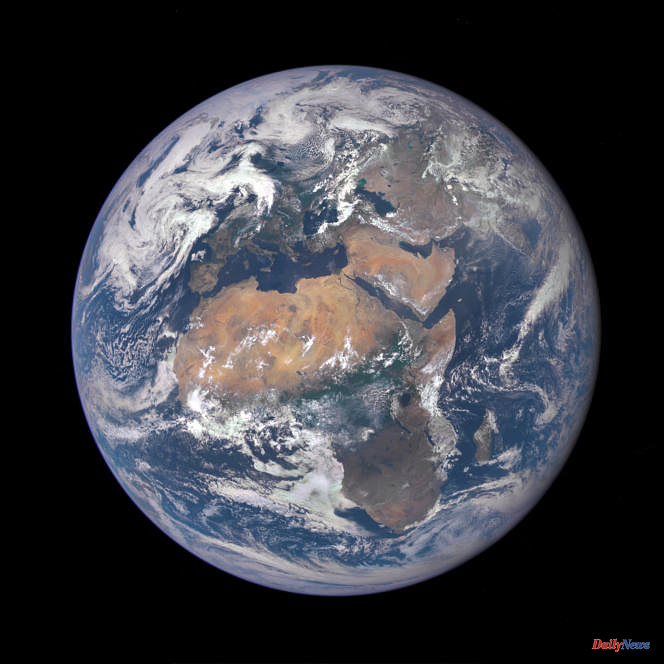Africa is increasingly interested in the space industry, which appears to be an effective tool for development but also for the fight against the jihadist groups that plague the continent.
Côte d'Ivoire, which has just hosted the international conference "NewSpace Africa", organized by the African Union (AU), announced the creation of its space agency there and the launch of the first Ivorian nanosatellite by 2024 In mid-April, Kenya saw its first operational satellite put into orbit by a rocket from the company SpaceX which took off from California, in the United States. These countries thus follow the pioneers of the continent which are South Africa, Nigeria, Algeria and Egypt, the first country to have sent a satellite into space in 1998.
According to the AU space program coordinator, Tidiane Ouattara, "about 15 African countries have a space agency" and "all have at least one institution that works with at least one space-related service". Established in 2016, the African Space Program operates from the AU Headquarters in Addis Ababa and in 2018 adopted the statutes for the establishment of an African Space Agency to be based in Cairo. "African states have realized that space tools are an opportunity" to respond to crucial issues, explains Tidiane Ouattara.
Track the movements of armed groups
Space is, for example, "the best tool today for the fight against terrorism", he says, because satellite observations make it possible to follow the movements of armed groups. Jihadism is destabilizing several African states. Groups linked to Al-Qaeda and the Islamic State (IS) have caused thousands of deaths in the Sahel for at least ten years, but are also rampant in Somalia and Mozambique.
The space industry can also benefit agriculture, the continent's "pillar of development", according to Mamadou Sarr, director of the African Regional Satellite Communication Organization (Rascom). According to the UN, 48% of Africa's population makes a living from it and the continent has 65% of the world's uncultivated arable land, according to the African Development Bank (AfDB), which notes that "by 2050", it will be necessary to "feed 9 billion people".
Satellite observation would optimize the exploitation of these lands by informing on the parts of the fields to be cultivated and would allow farmers to make an "estimate of their production" years in advance to "position themselves on the international market", says Tidiane Ouattara . "That's what the United States and Canada are doing with wheat," he says. To improve Africa's connectivity, especially in rural areas, undersea cables installed around the continent are not enough, while "satellites cover wider areas than cables", Mamadou Sarr points out.
Finally, satellite images can also be used to study water quality and identify vessels responsible for overfishing on African coasts.
Nanotechnology and small satellites
If the efficiency of the space industry is proven, the lack of financial means still hinders African states, which represent the majority of the 46 least developed countries in the world, according to the UN. Yet, thanks to nanotechnology and small satellites, "space doesn't cost much anymore, at all," says Tidiane Ouattara; "Made by engineers at universities", they cost between $50,000 and $100,000 to produce.
Investing in space is not only accessible, it is also profitable. According to an AU study carried out in 2019, the space market on the continent will bring in 20 billion dollars in 2024, but will benefit foreign companies holding the means of communication. "Africans consume a lot of space products and there are more than a billion of us," says Tidiane Ouattara. People use satellite communication everywhere, through cell phones, television, radio, telemedicine. Companies also get rich by selling satellite data to African states that lack it, but "only provide us with what they want" and sometimes "at exorbitant prices", continues the expert.
"Africa must not become a new space of conquest," said the Ivorian Minister of Higher Education and Scientific Research, Adama Diawara, during the "NewSpace Africa" meeting. He points out that in addition to investment, the issue of "regulations", "often vague or non-existent" on the continent, remains to be resolved, creating "uncertainty for companies seeking to develop projects".












